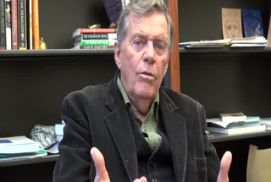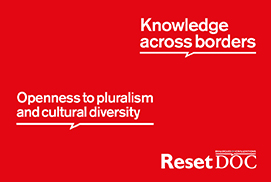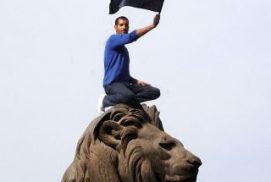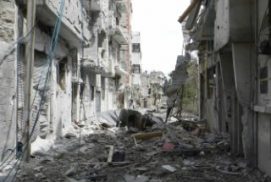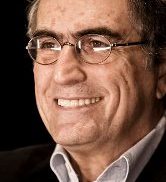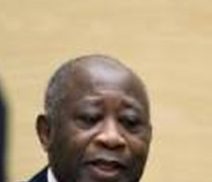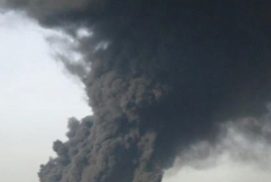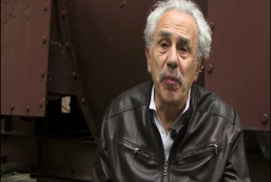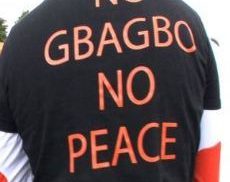The topic of toleration has interested, indeed fascinated, me for nearly 30 years. Twenty-eight years ago, in 1985, I was appointed Morrell Fellow in Toleration at the University of York, and I have continued to work within the Morrell Centre ever since – first as a Research Fellow, then as Director of the Programme, and now as Morrell Professor Emerita. In short, the problem of toleration has occupied much of my working life. However, looking back on the past 30 years, it is interesting to note that the problem of toleration is not at all the same now as it was when I began studying it all those years ago, and my main focus this evening will be on ways in which the problem of toleration has changed and with the new challenges which toleration faces in the modern world. Let me begin, though, by saying something about the way in which the problem of toleration was understood when I first began studying it all those years ago.


